
For over 50 years, the United States has imposed a commercial, economic and financial embargo against Cuba. While American political parties continue to be ideologically split on the long lasting trade embargo, a growing number of Americans are interested in legal travel to Cuba. Our Canadian neighbors and European friends – the most frequent tourists to Cuba – tell us of colonial architecture, salsa dancers and 1950’s vintage cars, so culturally inquisitive Americans want to visit Cuba too. For decades, Cuba has been forbidden fruit for us, but now U.S. citizens can legally visit Cuba – with restrictions.
People-to-People Educational Exchange Programs
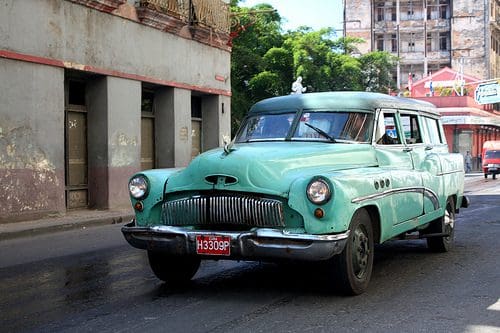
Americans who want to learn about Cuba’s heritage and culture can travel there legally with a People-to-People educational program arranged by a licensed travel seller. Several quality tour operators have obtained licenses and have small group departures planned for the next year, but individuals are not allowed to just make a plane reservation and go independently. All People-to-People programs include a structured group itinerary which participants must adhere to. Trips are designed to provide authentic engagement with the people of Cuba – artists, musicians, farmers and teachers. They’re an opportunity to enjoy one-on-one interaction and gain a genuine understanding of the daily lives and culture of the Cuban people. Approved travel to Cuba must be under the auspice of educational exchange – not tourism or self-enrichment – although this seems a political game of semantics, since isn’t self-enrichment inexorably part of any travel?
Requirements for Legal Travel to Cuba
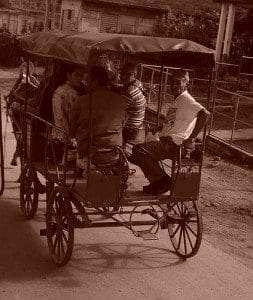
Visas are required for Americans visiting Cuba and the People-to-People license holder (meaning tour operator) will obtain the participant’s Cuban visas, typically included in the total package cost. These are paper visas, not permanently stamped into your passport. Cuban-born American citizens have special procedures, depending on the date they left Cuba. Travel Maestro tip: Due to visa processing time requirement, reservations within one month of travel are not possible.
Air flights from Miami to Havana are arranged by the tour operator on non-commercial charter flights. Because flights to Cuba are highly regulated by the U.S. government, individual travelers will not be able to secure them independently.
Cuban Medical Insurance for access to medical facilities in Cuba is mandatory and also typically included in the package cost. Travel Maestro tip: We recommend additional travel protection, such as medical evacuation insurance, which is available separately.
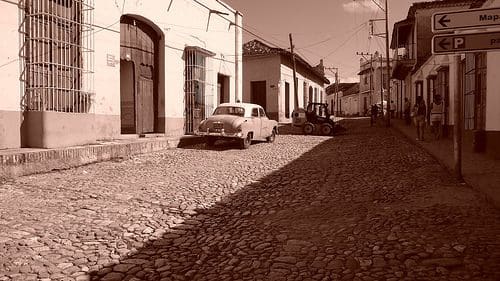
Dos and Don’ts of Legal Travel to Cuba
- Do be flexible – As with any travel, strive to accept the foreign culture with sensitivity. Hotels will have private baths and air conditioning, but they may experience power outages, water pressure problems and A/C issues.
- Don’t expect many green vegetables – Traditional meals are pork, chick or fish with rice, potatoes, cucumbers and tomatoes. Don’t drink the water or use tap water to brush teeth.
- Do feel free to tip generously – life is not easy for Cubans.
- Don’t plan on bringing home Cuban cigars – or coffee, rum, etc. – even if purchased in a “Duty Free” airport shop. They will be confiscated by U.S. Customs upon return. CDs, artwork and photographs are usually acceptable.
- Do leave smart phones and laptops at home – GPS and satellite phones are not allowed and laptops require a separate customs declaration. Internet service is slow, spotty or nonexistent, so just plan to go off the grid for the duration of your trip.
- Don’t take over $5,000 in cash – more requires a customs declaration. U.S. currency must be exchanged into Cuban Convertible Pesos (CUCs) with a hefty exchange fee to make purchases. Credit cards are not accepted and U.S. citizens are prohibited from withdrawing money from ATMs. U.S. visitors have a spending limit of $84 per day.
People-to-People participants are not allowed to rent cars or take public transportation. They are not allowed to extend their trip with a longer stay in Cuba and can’t stay in casa particulars (private homes). While the group trips are strictly structured, participants do have an opportunity to share thoughts and insights with real people of Cuba, and learn about the colorful history and lively culture of this captivating country.
One last Travel Maestro tip: People-to-People trips to Cuba have a limited number of spots available and demand is proving to be very strong. Do not delay! For more information about legal travel to Cuba for U.S. citizen and the licensed People-to-People trips that are available, contact Covington Travel.


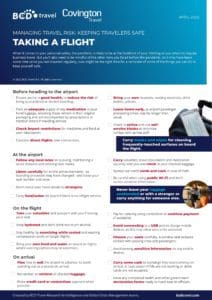


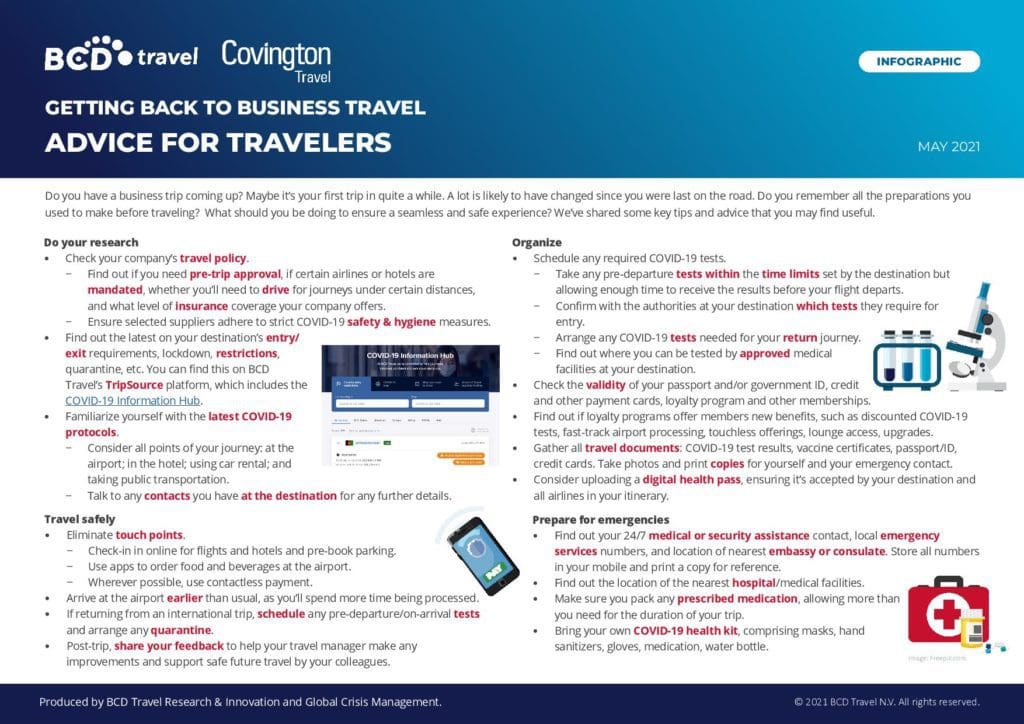
Leave a Reply